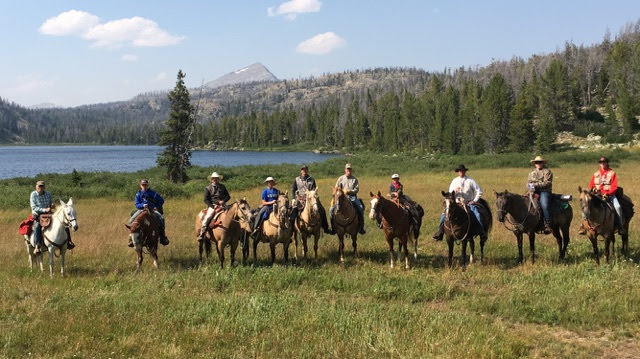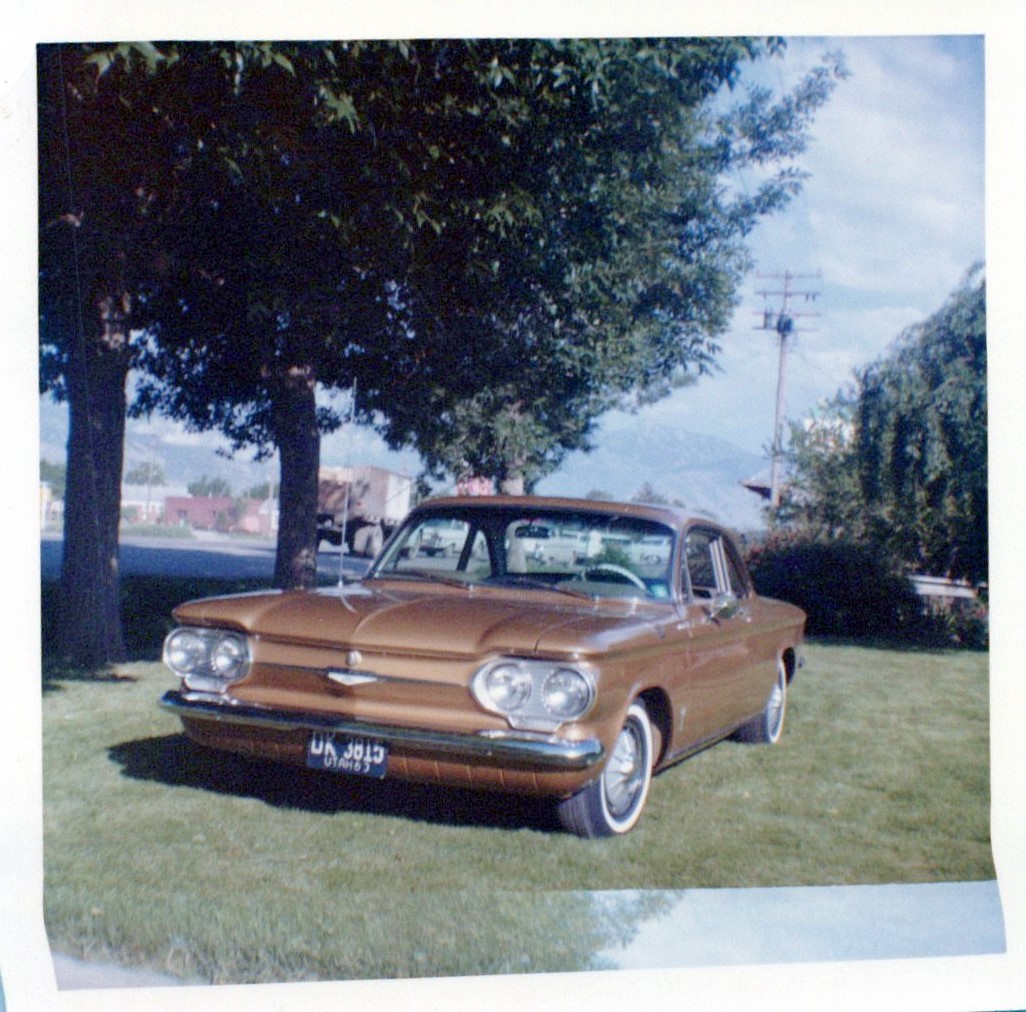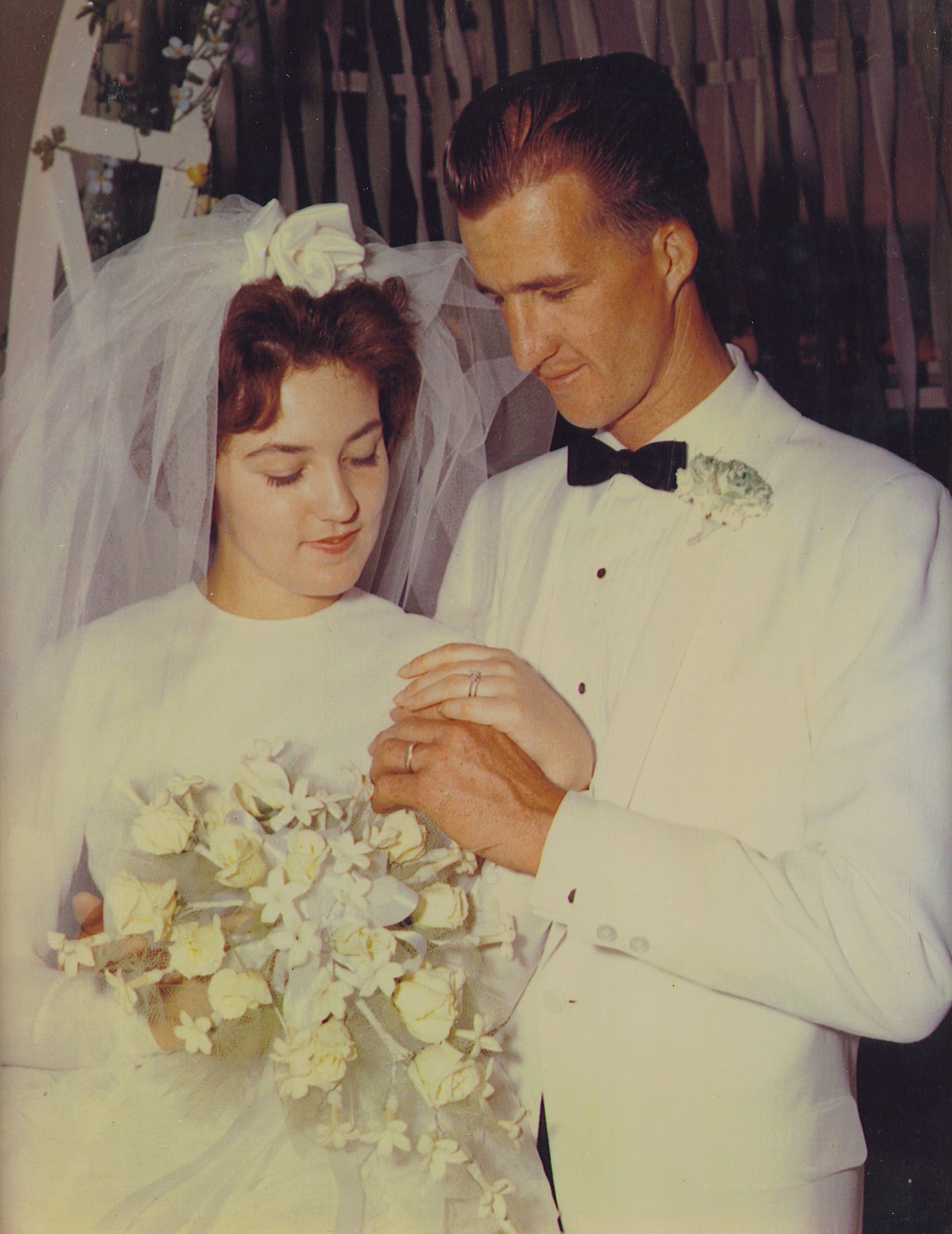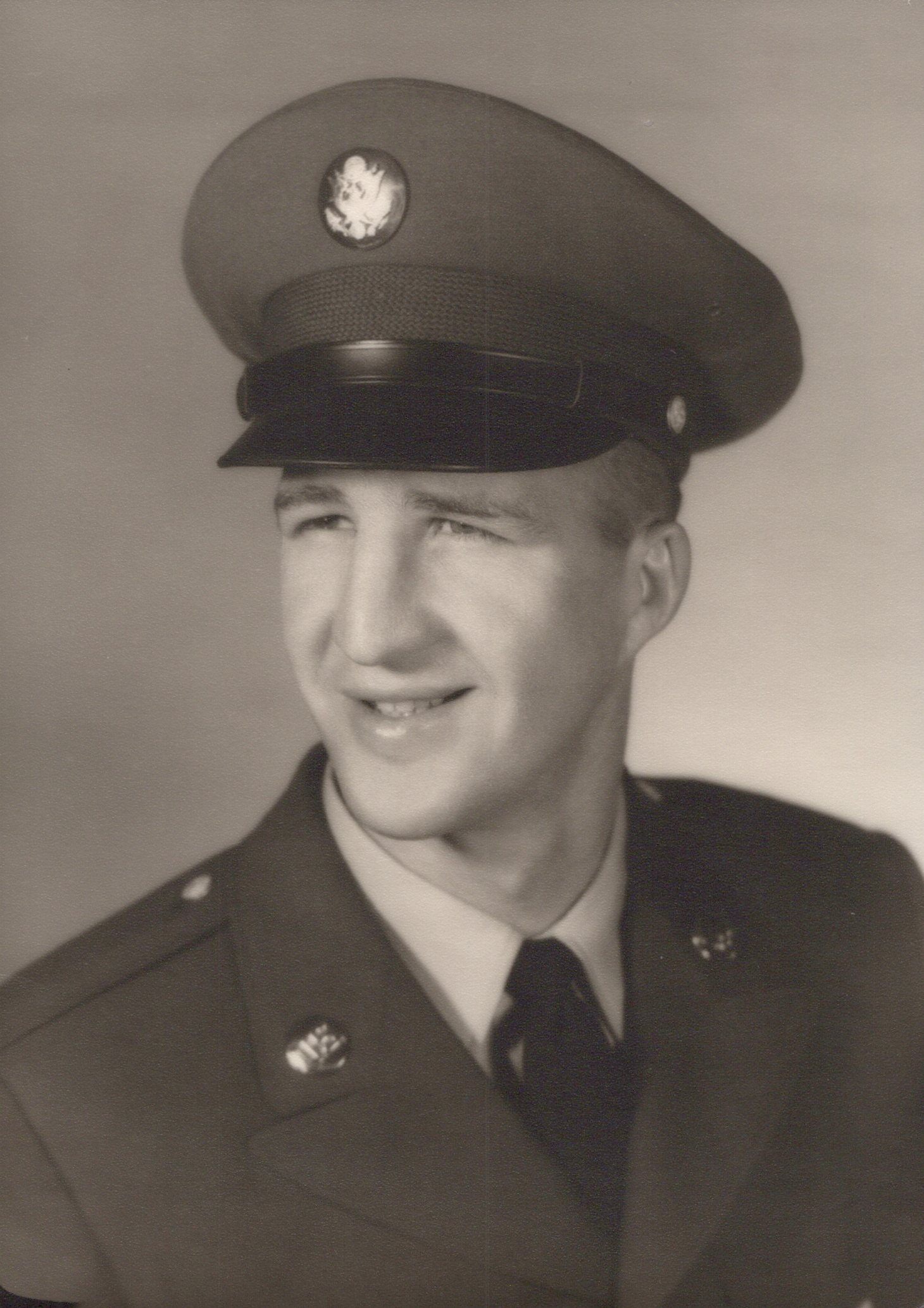We lived in our first home in Pleasant Grove for three years because I transferred my credits from Utah State University to Brigham Young University. That’s where I finished my BS degree in December 1966.
The first job I accepted was in San Mateo, California, which is just outside of San Francisco. I accepted a position as a District Scout Executive, and I was in that job for just over a year.
We moved to Half Moon Bay in February of 1967. While living there, I brought my two horses from Utah so that I had something to ride during my hobby time. I worked for the Boy Scouts of America for about a year and a half. I was serving as the Elders Quorum president and I was asked to come to a social activity at the Branch Presidents home. Everyone played a game where we told something about our spouse and wrote it on a piece of paper without names. Then the papers were handed out around the room and we would read the paper and try to decide who we were talking about. I wrote that Carol had baked me a pie but before I got home she sat down and ate the whole thing. Everyone had a hard time guessing it was Carol.
Carol and I wanted to move back to Utah, and I interviewed for a job selling insurance. After I accepted it, I told Carol we would only keep that until we get back to Utah and find something better.
We moved back to Utah in 1968.
I was in the Insurance profession for 45 years. In the first 18 years, I worked for Metropolitan Life, which is the largest life insurance company in the world. I left them and started my independent agency in 1985, then retired in 2004 and sold my business to a daughter and son. They still have that business today.
We moved from Orem, back to Pleasant Grove to a home on Geneva Road in 1970. Shortly after I was called to be the Elder Quorum President of the Pleasant Grove 1st ward where I served for 4 years.
Then I was called to serve on the Pleasant Grove Stake High Council in 1974 where I served for 9 months.
I was then called to be the 1st counselor in the Bishopric with Bishop Lloyd Ash 1975 where I served for a year and a half.
In August of 1976 the ward was divided and I was called to be the bishop (400-500 members) of the Pleasant Grove 12th ward for 1.5 years. The week before I was called into the stake presidency I was in the Temple one Tuesday evening and I was sitting in the Chapel next to another Pleasant Grove Bishop Jack ???. I had the most warm feeling come over me, one like I had never felt before and he looked over at me because there were tears rolling down my cheeks and I didn’t know why. The rest of that week I had a hard time sleeping at night and it finally dawned on me that a number of months before, a bishop from Orem, Larry Kirk, called me and said that he was meeting with a brother in his office who said that he had had an affair with a married women in my ward. Now even though I knew the name they weren’t active so I didn’t know them very well. Because I didn’t know them very well I had put off calling them. But when it started to work on me I decided it was my duty to call her in and talk with her. I called her to see if she would come in for an interview but she refused to come in so I drew up a letter and had my ward clerks deliver a letter to her to tell her that we were going to hold a church court and gave her the time and the place and asked her to come to the court. That Friday night (3 days after I had been to the Temple) we were having a ward party at the church and I went up to my counselors and told them that we need to hold a church court (they thought I was crazy for bringing this up at a ward party). When they realized that I was serious they asked me when and I said tomorrow morning at 10:00am. So we held the church court at 10:00 and a final decision was rendered and I drew up another letter that was delivered to her from my clerks. Then at 2:30pm a new stake presidency was being called and I was called in for an interview with Elder Bruce R McConkie. At 5:50pm they called me to ask if I would come in again and bring Carol in with me and I was called to be the 2nd councilor in the Stake Presidency.
After I had been called to be the Bishop in 1976 I had made up my mind that I had to give up playing softball because I didn’t have time. But I was having interviews with the ward members at the church one evening and this couple showed up and sat out in the hall with the rest of the people I was interviewing. They just sat there until I finished interviewing all the people that came in and they said “well, the Beagley family that are sponsoring the team asked us to come and get you to come and stand out in the field for one inning or they will have to forfeit their game”. So I went down and stood in the outfield so they wouldn’t forfeit. The next day one of them showed up at my house with a uniform, and said by the way we’re going into a tournament and I want you to pitch. I told them that I hadn’t Pitched for four or five years. They said that was ok so I went down there and I had to pitch, two games on the Friday night, and three games on Saturday. And I remember getting a bloody nose, but I don’t know what it was from. Shortly after that my father said to me about playing softball “there’s no fool like an old fool”.
The week before in February 1978 I was called as a councilor to Noal Greenwood in the Pleasant Grove Utah Stake Presidency (3000-4000 members). In 1983 we had sent a letter to the church requesting that they divide the Pleasant Grove stake and create the first new stake in Lindon. Since President Greenwood and I both lived in Lindon we were called to serve in the stake presidency in Lindon where Robert J Matthews was called to serve in the Stake Presidency with us.
I served a total of 10.5 years in the Stake Presidencies.
I was called to go to the church missionary training center to teach and train young men and young women who were becoming full-time missionaries. It was a great job, and we had a lot of young men and young women who came in and learned about our savior and about becoming missionaries. Many went into different parts of the country to spend two years as missionaries.





